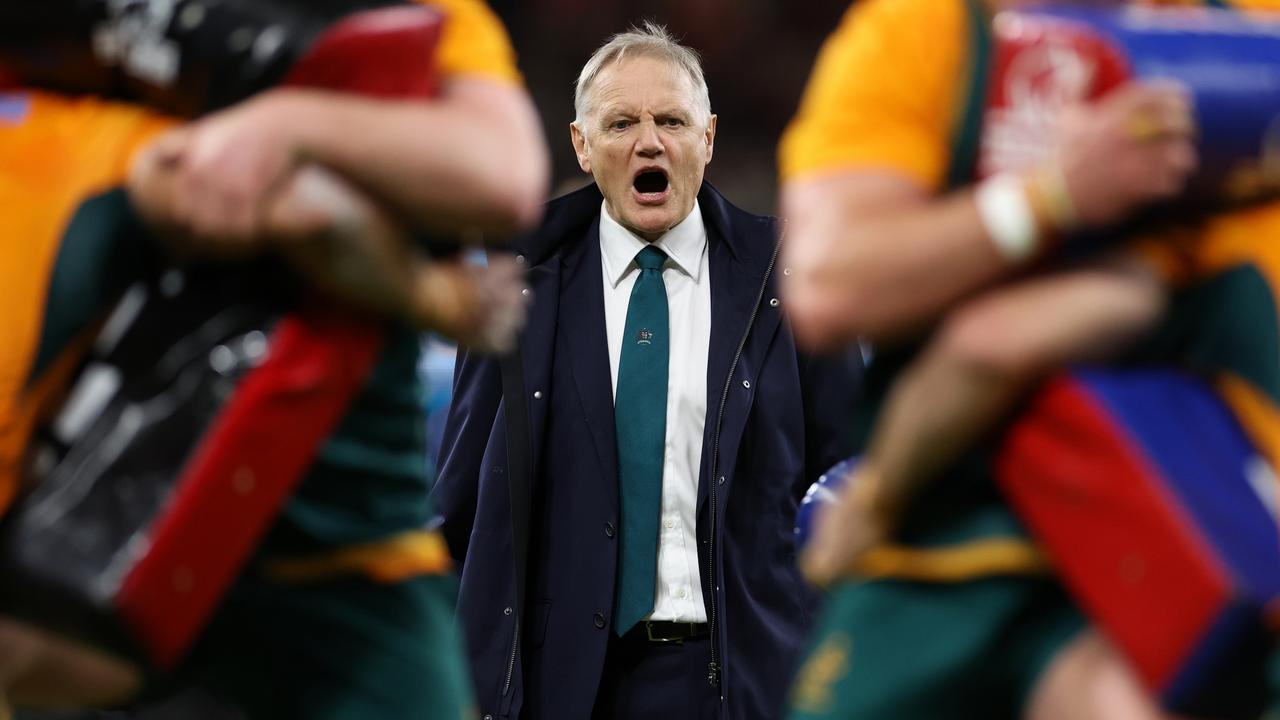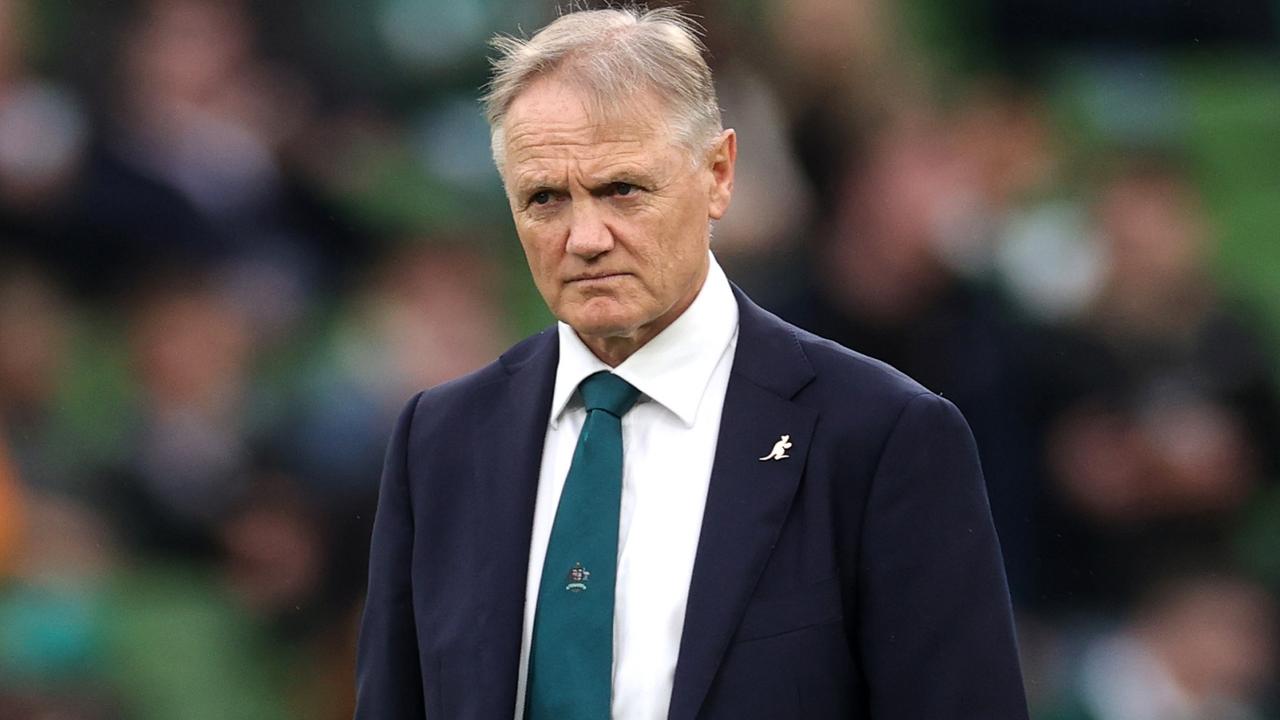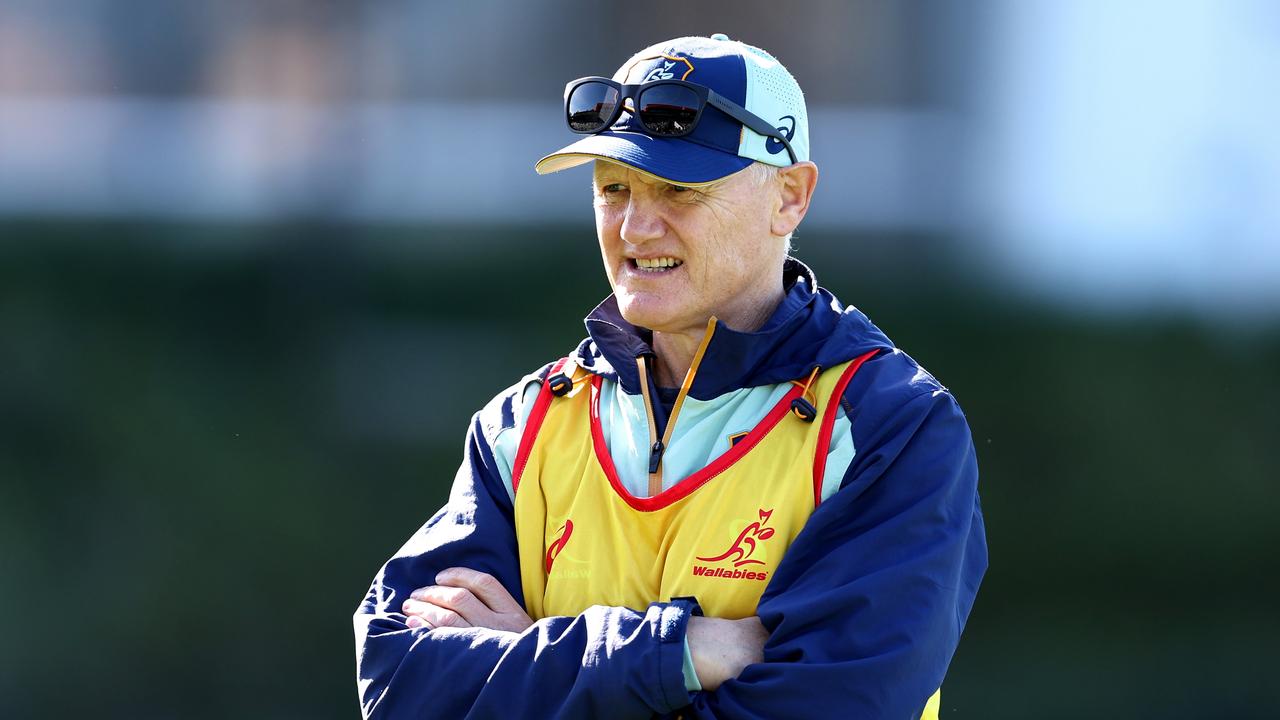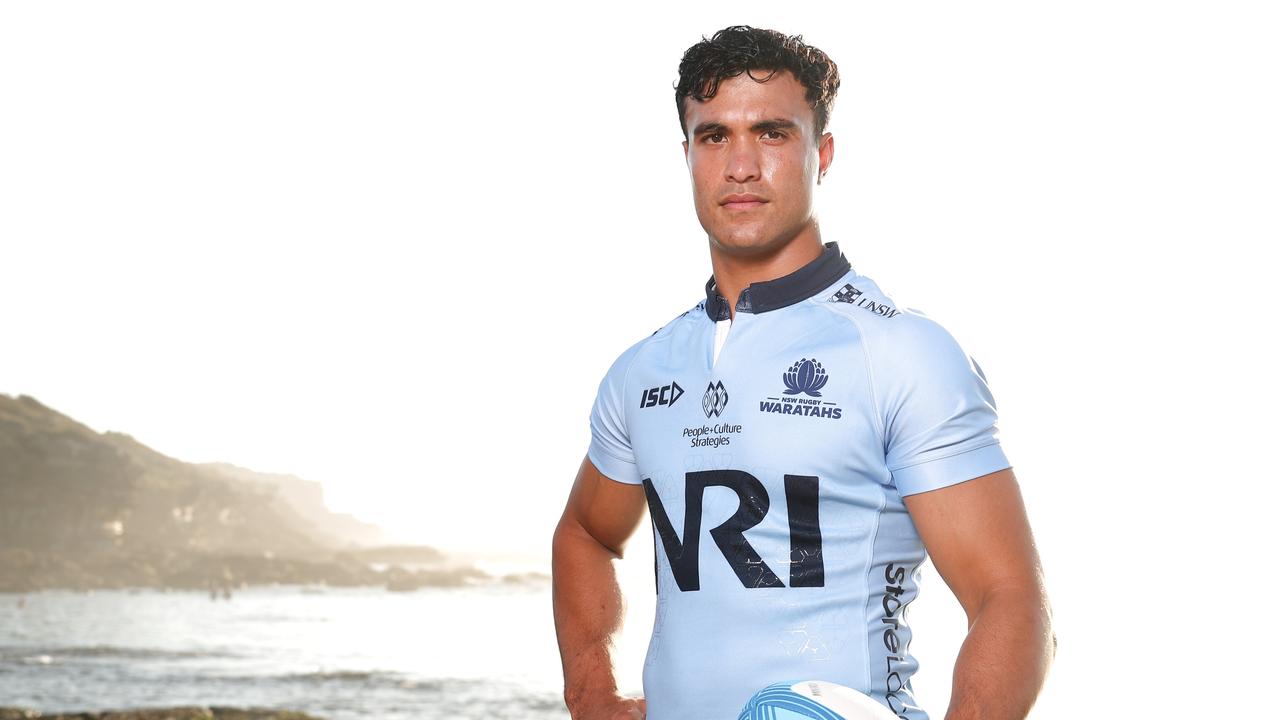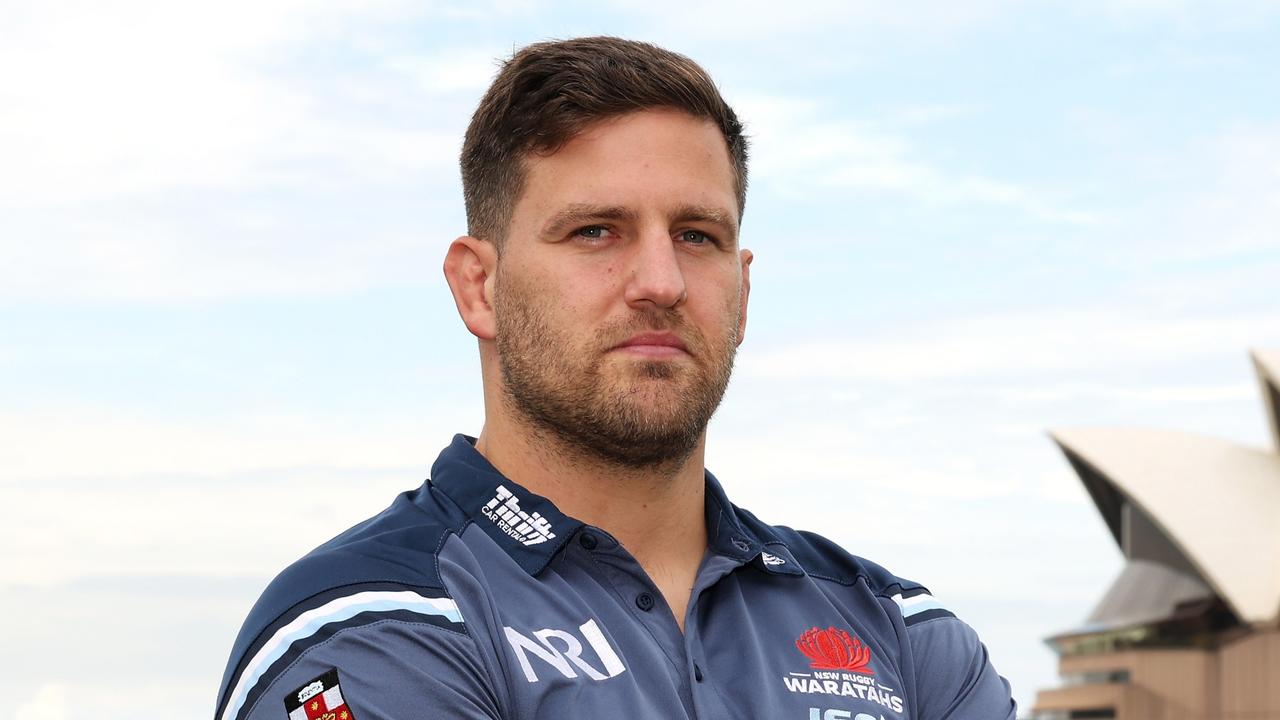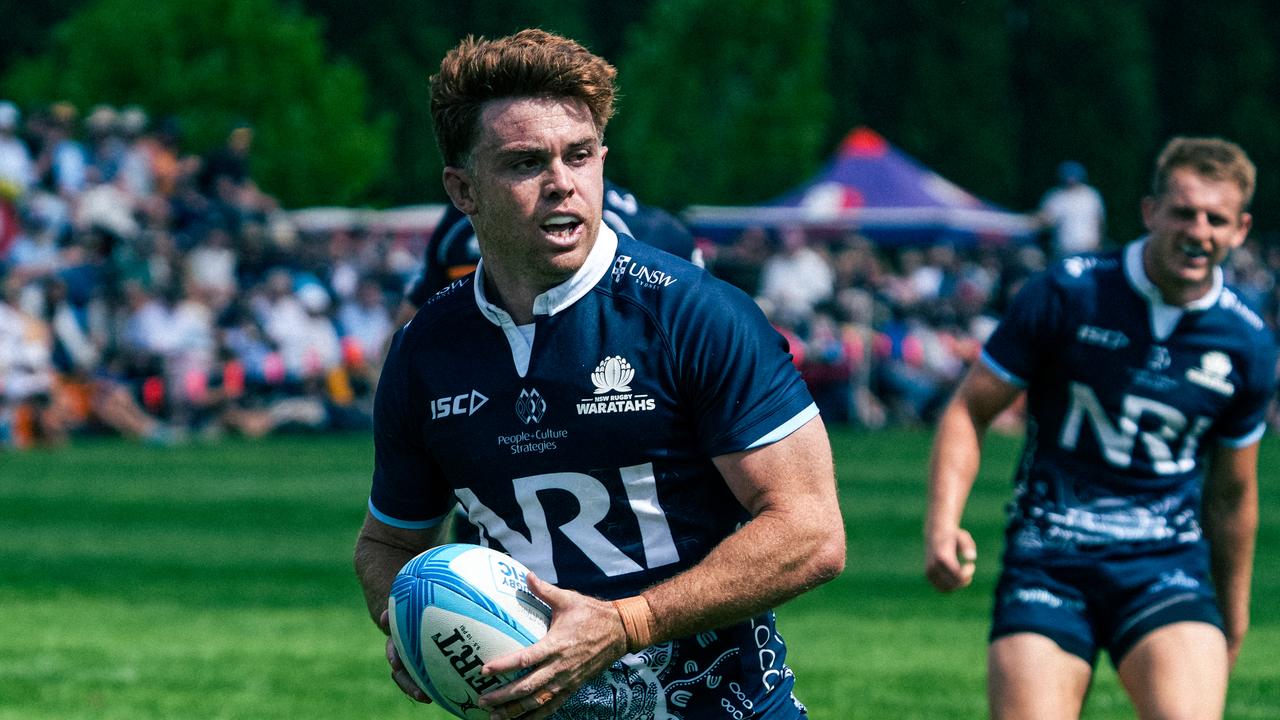Concussion experts call for a contact ban in junior sport following Senate inquiry
Leading brain injury experts have called for the banning of contact sports for all children under 14, with key figures concerned we risk raising a generation of brain-damaged kids
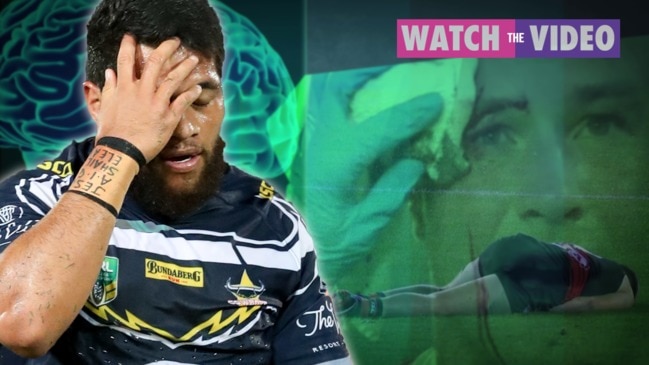
Rugby
Don't miss out on the headlines from Rugby. Followed categories will be added to My News.
Leading brain injury experts have called for the banning of contact sports for all children under 14 in Australia, following the release of the Senate inquiry into concussion this week.
Chief specialist of the Australian Sports Brain Bank, Professor Michael Buckland, says we risk raising a generation of brain-damaged kids who won’t be able to look after their parents if drastic action is not taken.
Neuroscientist Professor Alan Pearce echoed those sentiments, saying children must be protected from themselves as the lure of rich professional sporting contracts becomes more enticing to boys and girls.
Canada has already banned ice-hockey players aged under 13 from “body checking”, where players slam into each other to keep them away from the puck.
In the US, heading in football has been banned for children under 11, while in Scotland it is banned for those under 12.
But in Australia, most sports allow contact from eight years of age.
Brain doctors say research has proven that the degenerative condition known as CTE (Chronic Traumatic Encephalopathy) is caused by repeated head knocks – big and small – and not just knockout blows as previously thought.
“In the past, whenever we’ve talked about a CTE case, the codes will come out and say ‘We’ve got the best concussion protocols’, but there’s actually zero evidence that good concussion management makes any difference to your risk of CTE, it’s a furphy,” Prof Buckland told News Corp Australia.
“Your risk of CTE is driven by your cumulative exposure to repeated head impacts; concussive and non-concussive.
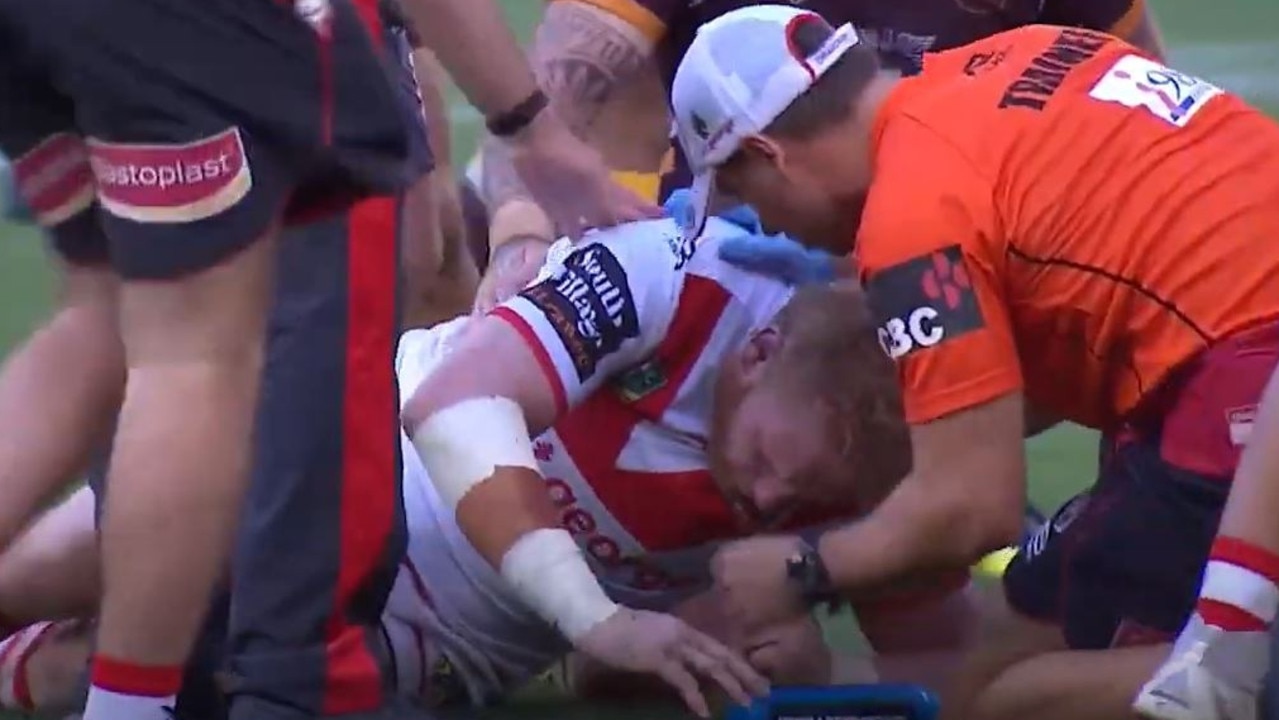
“We know even from preliminary accelerometer data, when they wear those instrumented mouthguards or the patch behind their ear, that for every big hit that gives you concussion, you’re probably suffering from dozens of similar sized hits where you don’t notice anything.
“The data’s been out there clearly for some time, we’ve known for probably 10 years that CTE risk is determined by contact sport, not by number of concussions.
“Every code needs a CTE minimisation protocol, it should be based on two fundamentals, the first is reducing cumulative lifetime exposure to these significant, repeated head impacts, and increasing the age of first exposure.
“So until we know better, until we have good data from every player from amateur to the highest levels, we need to take the precautionary approach because the children are our future.
“We’re going to be dependant on children when we’re old and crumbling, if we encourage them to get brain damage when they’re young, we’re stuffed.
“So the precautionary principle is incredibly important here, there should be no tackling at least until high school, 14 is good.”
Professor Pearce said: “You talk to a teenage male or female athlete about what could happen to them at 40 or 50 years of age, that’s two lifetimes away.
“We published the first case study of a female athlete with CTE, in Heather Anderson, she was only 28. We are seeing a lot of young people with brain disease because they’re starting exposure to contact sport, male and female, at a younger age.
“This is not just an old person’s disease. If we’re not looking after the brains of our boys and girls, we’re going to start seeing more of this.
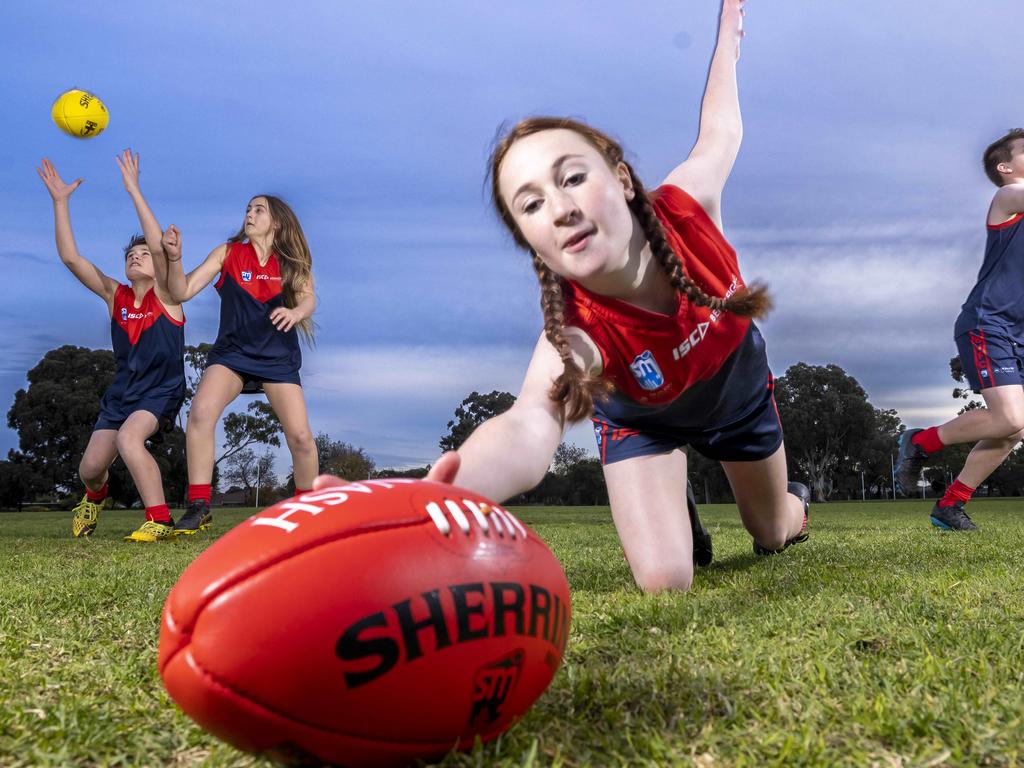
“Unlike America, who have a college sports system, we have a club system. So there are potentially hundreds of thousands of men and women who play club sports who won’t be detected, and suddenly start to develop mental illness, unexplained mental illness, and something catastrophic happens. And we’ll never know.
“I want people to play sport, I’m not anti-sport at all. I just want us to play safely, and they can play full contact versions when they can make that informed choice.
“We just don’t want kids under 10 or 12 playing contact sport that means potentially hundreds of hits to the brain during the year, we want them to play these sports, but in a modified form.”
The Senate inquiry findings, released this week, states: “There is clear evidence of a causal link between repeated head trauma and concussions and subsequent neurodegenerative diseases such as CTE. While important research questions remain regarding the degree of causation and the nature of long-term impacts, these questions should not be used to undermine the fundamental nature of that link.”
Professor Buckland said sporting codes can’t wait for definitive evidence because medical professionals would never conduct controlled head injury tests on children.
“The sporting codes will come back and say there’s no evidence that’s due to contact sport, but there’s lots of indirect evidence,” Prof Buckland said.
“In real life situations, you often have to make judgments based on that sort of evidence, because you can’t just go line up a whole bunch of kids and whack half of them in the head in a randomised control trial.
“You’re never going to get that ultra-high level of evidence that the concussion in sport group is saying, ‘We need this before we’re going to do anything’.
“The codes need to adapt significantly if they want to survive in the long term, otherwise their base is going to drop away as parents wake up to the fact that this is not good for their kids’ brain.”
“We take the view that this carries a greater risk to players as it means that players would be learning to tackle too late and at a time when there is a greater variation across players in size and strength.
“Rugby Australia is aligned with the Australian Sports Commission and their Physical Literacy, and Foundations, Talent, Elite and Mastery resources which highlight the importance and benefit of children developing skills and movement techniques at an age younger than this.”
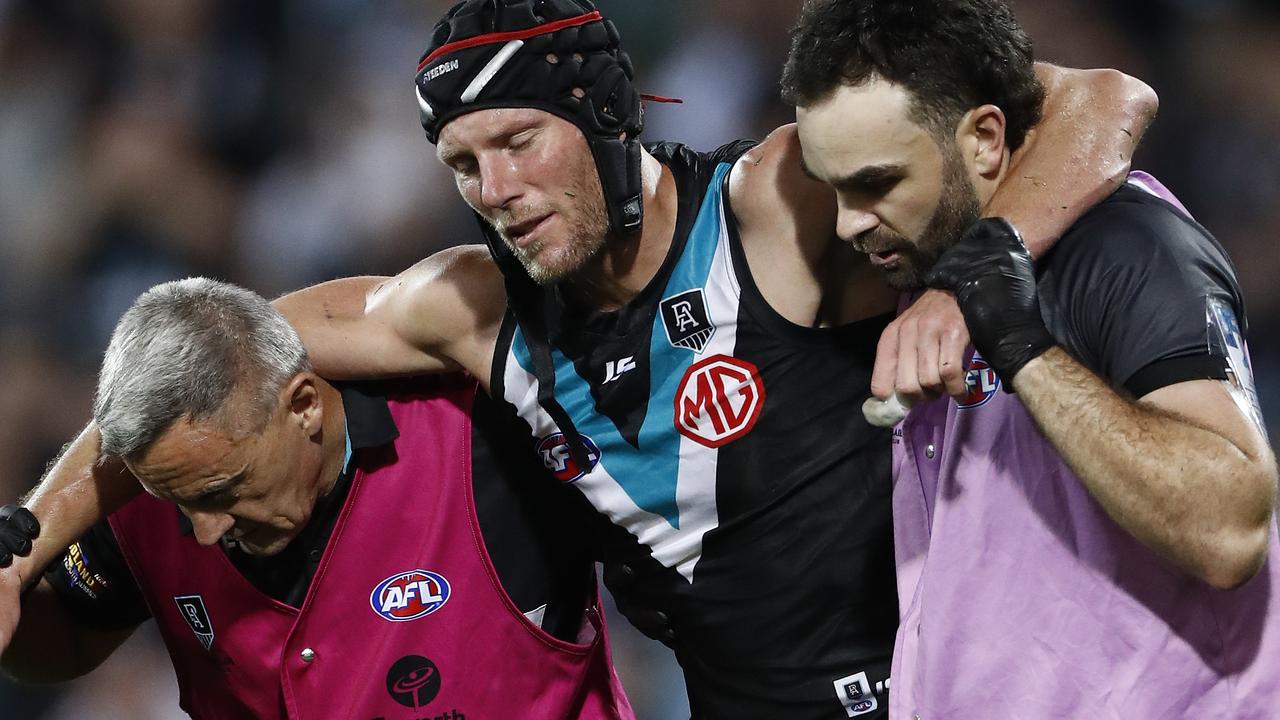
The NRL and AFL did not wish to directly address the issue of banning contact for under-14s players.
They did, however, respond to the Senate inquiry’s recommendations.
Already, the NRL has introduced a tag version of rugby league for six to seven-year-olds, introduced a “tackle ready” program teaching kids correct technique, and modified some rules for those between six to 15 years.
The AFL’s General Counsel and General Manager Legal & Regulatory, Stephen Meade, said: “The health and safety of footballers at all levels of our sport is of paramount importance to the AFL.
“We have in place our concussion research and management strategy that is overseen by the AFL Concussion Steering Group and Working Groups, engaging personnel from across the AFL and broader industry in formulating and implementing practical measures to advance each of our objectives as to improved education, prevention, detection, recovery, support and innovation. The AFL has a continuous improvement model which will be informed by the contents of the Report.”
More Coverage
Originally published as Concussion experts call for a contact ban in junior sport following Senate inquiry




